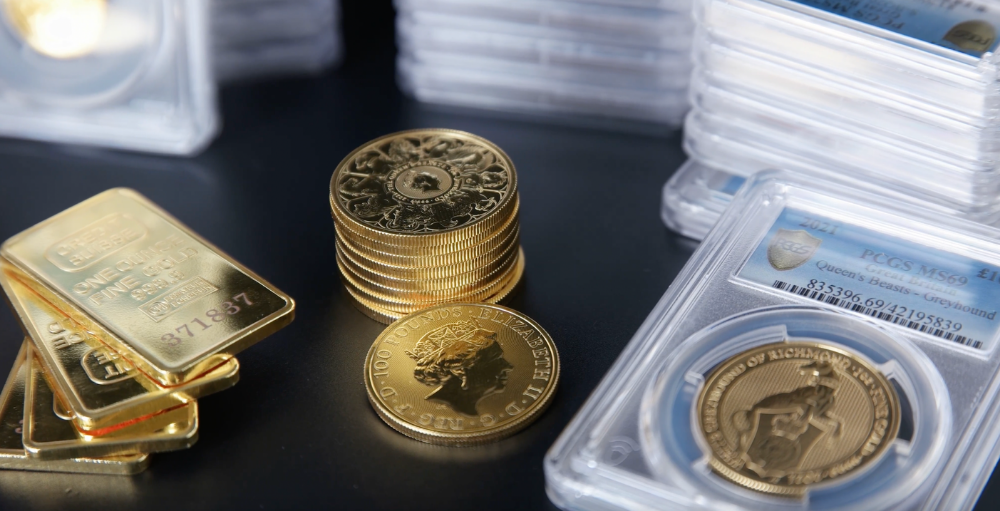
Good As Gold
09.02.22In uncertain times, gold has been viewed as a safe investment. Anthony Duncan spoke to director, Kane White of Buy Bullion to understand how the past, present and future shape this precious commodity
Throughout the 21st century, few investment trends have clearly and consistently established themselves as adaptive to market fluctuations. When property and stocks underperform, the price of gold correspondingly rises, as investors and institutions turn to the commodity as an “insurance policy” to recoup losses realised on those earlier investments.
Physical gold offers individuals the opportunity to spread their investment risk through a well-balanced portfolio, by offering a store of wealth outside of the banking system. Even though there is no gold standard, gold is still seen and used as the world’s universal currency, providing a stable and reliable alternative to printed fiat money.
The UK has been particularly vulnerable in the past few years, with the uncertainty of Brexit playing on the minds of investors and businesses alike. Fears of a Hard Brexit without a withdrawal agreement caused significant spikes in the gold price in GBP, with gold touching over £1,054 per ounce in June 2019. Since 2016, the price of gold has risen by 22.3% per ounce. The World Gold Council announced that 2018 saw the largest amount of Central Bank gold reserve purchases in 50 years, with an overall rise in gold demand of 4%. This demand was almost identical in 2019, with countries like China continuing to increase their gold reserves, though inevitably central banks halted purchases in 2020, with their demand replaced by an incredible surge of consumer purchases in the face of Covid-19 and the economic impact it had.
Gold investment is an ideal method of accumulating and protecting wealth. Furthermore, it is also seen as an ideal method of diversifying an investment portfolio due to its negative correlation with stocks and bonds.
Although the price of gold may be volatile in the short-term, gold maintains its value over longer periods of time, providing a useful hedge against the value erosion of fiat currency. Additionally, if you are planning a substantial gold investment, choosing to buy British gold coins will exempt you from both VAT and Capital Gains Tax (CGT).
Gold is frequently referred to as the ‘crisis commodity’, due to its ability to hold value in both financial and geopolitical uncertainty. As global tensions rise or confidence in governments falter, gold tends to outperform other investments. To not hold gold is to fully trust the government on all levels, relying on them to be able to maintain the economy.
With the US dollar technically very weak, global currency debasement is a concern for many, especially those not vested in gold. If a large currency debasement occurred, tangible assets - including gold – will see substantial increases in value. Buying physical gold will allow you to hold assets outside of the banking system, this reduces personal exposure to banking related risks whilst also diversifying your wealth distribution. Unlike fiat currency, gold’s value is not determined by governments; fiat currencies hold no tangible value, and their value is only backed by governmental laws.
In the present climate, analysts expect financial markets to further decline before recovering, which means that it’s an opportune time for the informed buyer to invest in gold, leveraging gains to acquire undervalued or distressed assets when the market does eventually bottom out.
Abode Affiliates
COPYRIGHT © Abode2 2012-2024
























































































































































































































